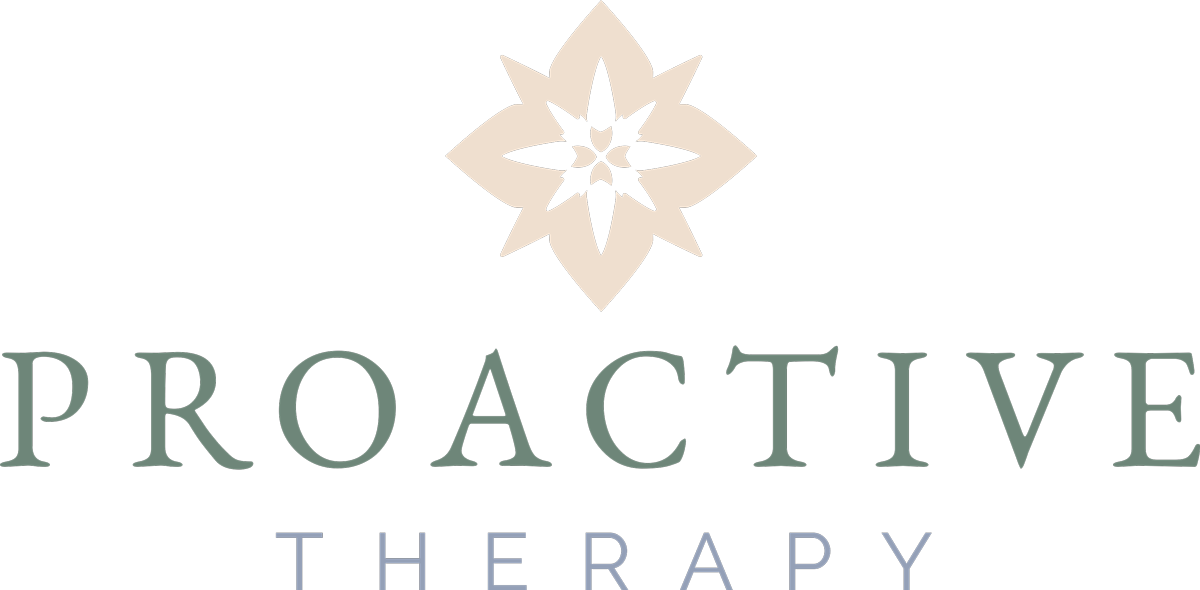Getting Un-Stuck in Therapy
By Lindan Lawson, LCSW
Clients often enter my office with a clear sense of what needs to change. They can easily articulate the areas where they feel stuck, and they are ready for insights and techniques that will help them move forward. But change is difficult; and when we are faced with uncomfortable emotions it’s simply human nature to avoid, defend, or freeze. These reactions are hardwired and often occur outside of our awareness. So when you enter therapy to make big changes in your life, it can be helpful to anticipate how these reactions might show up and interfere with the progress you hope to make.
In our first session together, I ask my clients, “Given what you know about yourself, what might you do during the course of treatment that could get in the way of progress?” This question is rooted in my treatment approach--Dialectical Behavior Therapy (DBT). Dialectical Behavior Therapy (DBT) provides clients with new skills to manage painful emotions and decrease conflict in their relationships.
As a DBT therapist, I openly acknowledge and help my clients target behaviors that may interfere with progress in treatment. Most of these behaviors are universal, and they can be overcome. Shining a light on these roadblocks upfront can help us formulate a plan for catching and addressing these behaviors before they derail progress or interfere with the therapeutic relationship. Often, these are the same types of roadblocks that are holding people back from making changes in other domains of their life such as their relationships, health, and career.
A common barrier that shows up when we feel threatened by change is willfulness. Willfulness is refusing to tolerate a situation, refusing to participate in life, or refusing to make the changes that are required. It is putting up a fight when life isn’t going the way we want, or trying to control, avoid, or escape every experience. It is giving up, shutting down, and saying “No”— or more often saying “Yes…. but.” It is the opposite of doing what is needed— and it is a natural response to feeling uncomfortable. And therapy can be uncomfortable! You are asked to sit with difficult feelings, acknowledge your unworkable behaviors, and take actions that are outside of your comfort zone. The most rewarding things we do in life are often the most challenging.
So, if you want to eliminate your roadblocks, try this exercise:
If you have never been in therapy before, think of a time you tried to make a big change.
Perhaps you tried to start exercising, quit an unhealthy habit such as smoking, or speak up more often at work or in relationships. What roadblocks did you encounter? Did you feel frustrated and give up? Did you find that after you decided to make this change you later avoided working on it? Did you feel powerless or overwhelmed and throw in the towel? Did you get too obsessive or perfectionistic about working on this goal and then burn out? How might these patterns play out in therapy? Write down those roadblocks.
If you have been in therapy before, think about how treatment plateaued or ended. When I ask clients this question, I frequently hear that people either dropped out prematurely or let things fizzle out. “I felt treatment wasn’t going anywhere.” “The therapist made a comment that left me feeling misunderstood.” “I was really excited at first, but then it started to feel like a chore.” “I got [tired, frustrated, busy, etc.] and stopped doing the assignments.” Write down those roadblocks.
If the concept of Willfulness resonates with you, think about how it could play out in treatment. Do you see yourself missing sessions, refusing or failing to complete therapy assignments, getting defensive or argumentative, not participating or collaborating in session, withholding frustrations about treatment or your therapist’s behaviors, or asking more of your therapist than is within his or her limits?
Write down those roadblocks.
Once you have identified potential roadblocks, begin to think about how you can respond if these behaviors show up. As soon as you catch yourself engaging in therapy interfering behaviors, what actions could you take that would put you back on the path of moving towards your goals? For example, if you find yourself avoiding therapy assignments, perhaps you could schedule blocks of time to work on them; write down the Pros of working on the assignment and the Cons of avoiding and then post that list in your home; record the difficult thoughts and feelings that show up. If you don’t know what to do, that’s great! It means you have an opportunity to learn something new. Bring your potential roadblocks to your therapist and get some coaching.
Taking some time to reflect on these questions and discussing your observations in therapy can help you identify and eliminate barriers that could block movement towards your goals. Working on these roadblocks in therapy will also help you gain the insight and tools to work through similar roadblocks in other areas of your life. Get what you came for in therapy and free yourself from the constraints that hold you back!

